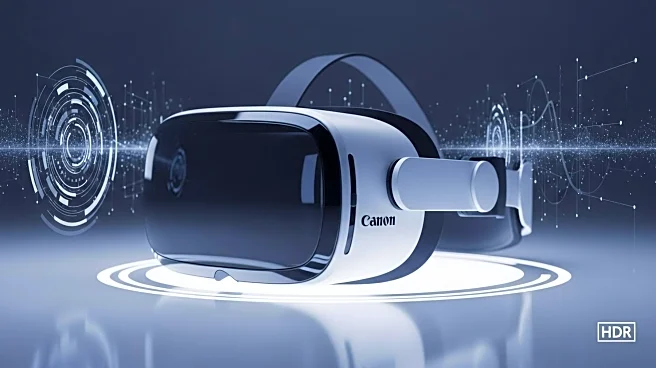What's Happening?
Sales of VR headsets have declined for the third consecutive year in 2024, despite advancements in technology and features. Meta's Connect conference highlighted a lack of major announcements for mixed reality and virtual reality, with notable hardware advancements from companies like Pimax and Samsung. Pimax's Dream Air headsets, set to release in December, feature impressive specifications such as a weight of less than 200 grams and 4K resolution in each eye. Samsung is preparing to release Project Moohan, which may compete with Apple's Vision Pro. Meta's Reality Labs revenue fell by 6% due to decreased Quest sales, indicating challenges in the VR market.
Why It's Important?
The decline in VR headset sales suggests that despite technological advancements, consumer interest in VR may be waning. This trend could impact companies investing heavily in VR technology, potentially leading to a reevaluation of their strategies. The market's challenges highlight the need for VR devices to offer more practical and appealing features to attract consumers. As emerging devices like Meta's Ray-Ban Display offer lightweight and practical features, the future of XR and VR headsets may be more niche than anticipated.
What's Next?
Companies may focus on developing more user-friendly and comfortable VR devices to increase consumer adoption. The introduction of new devices like Samsung's Project Moohan could stimulate competition and innovation in the market. As VR technology continues to evolve, companies may explore new applications and use-cases to attract a broader audience.
Beyond the Headlines
The VR market's decline raises questions about the long-term viability of VR technology as a mainstream consumer product. Ethical considerations regarding user privacy and data security in VR environments may become more prominent as the technology advances. Additionally, the cultural impact of VR technology on entertainment and social interactions could shape future developments in the industry.










